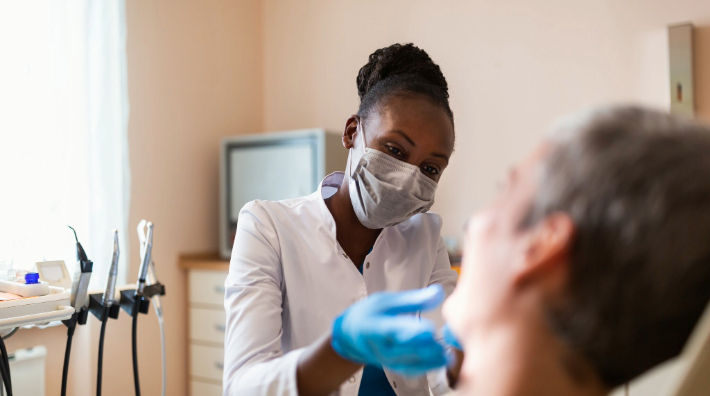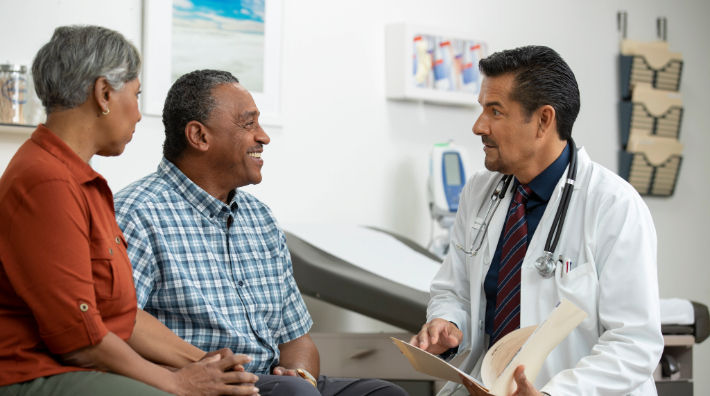Cancer Connections
Cancer News, Stories, and Conversations
Our team of experts brings you cancer-related news, features, and survivor stories.
Filtering by:
Cancer UpdatesDoes Having Arthritis Increase Cancer Risk?
Published on: July 10, 2025
Certain arthritis types have been linked to increased cancer risk. Find out more and learn ways to help reduce your cancer risk if you have arthritis.
After Leading a Screening Awareness Campaign, Colonoscopy Becomes Personal
Published on: July 3, 2025
Professionally, Andy Whitehouse worked on a campaign for colon cancer prevention. But a friend had to remind him repeatedly to get his own screening.
Are Fireworks Bad for Your Health?
Published on: June 27, 2025
Using or watching fireworks can lead to health issues like lung irritation and hearing damage. Find out how to lower the health risks from fireworks.
Can You Go on Vacation During Cancer Treatment?
Published on: June 24, 2025
People traveling during cancer treatment should plan ahead to stay as safe as possible during trips. Get tips on what to ask your doctor before you go.
How Pelvic Floor Therapy Can Help During Cancer
Published on: June 17, 2025
Pelvic floor therapy can help strengthen muscles that may be affected by some cancers or cancer treatments. Find out more about pelvic floor therapy.
HPV and Head and Neck Cancer: Understanding the Risks
Published on: June 11, 2025
Some types of HPV can increase the risk for head and neck cancers. Learn more about protecting yourself from HPV-related cancers.
What Men Need to Know About Inherited Cancer Risk
Published on: June 9, 2025
Men are less likely than women to be aware of their inherited cancer risks. Learn more how your family’s medical history can affect your cancer risk.
Is Getting a Base Tan Safe?
Published on: May 29, 2025
Exposure to UV radiation from the sun or indoor tanning devices can increase your risk of skin cancer. Get tips to protect your skin year-round.










